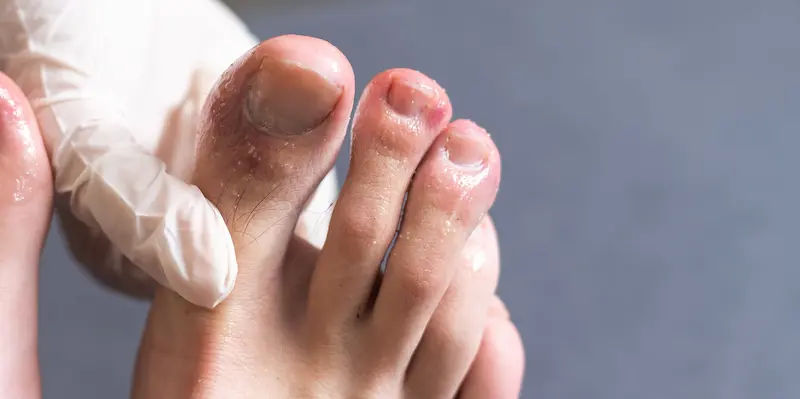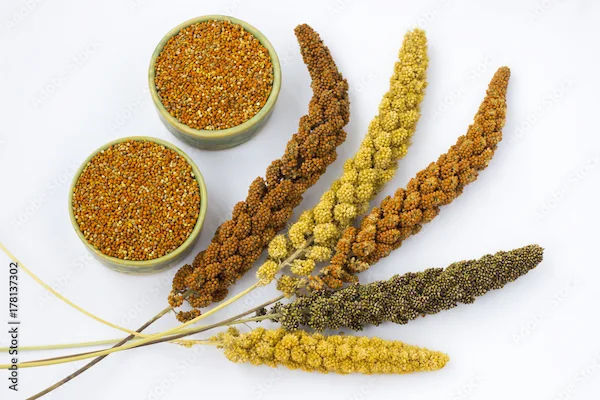Understanding Creatine Kinase Test and Range
Learn about the creatine kinase (CK) test, its purpose, normal range, and what elevated or low levels may indicate about muscle and heart health..

Written by Dr. Siri Nallapu
Reviewed by Dr. D Bhanu Prakash MBBS, AFIH, Advanced certificate in critical care medicine, Fellowship in critical care medicine
Last updated on 13th Jan, 2026

If you've ever had muscle pain, weakness, or unexplained fatigue, your doctor might have recommended a Creatine Kinase (CK) test. This simple blood test helps assess muscle health and detect potential damage. But what exactly is CK, and why is it important? Let’s break it down in simple terms.
What is Creatine Kinase (CK)?
Creatine Kinase (CK) is an enzyme found in your muscles, heart, and brain. It plays a crucial role in energy production, especially during physical activity. When muscles are injured or stressed, CK leaks into the bloodstream, causing elevated levels. Measuring CK helps doctors determine if there’s muscle damage or other underlying health issues.
Consult a Top Specialist
Why is the CK Test Done?
Your doctor may order a CK test if you experience:
- Unexplained muscle pain or weakness
- Dark-colored urine (a possible sign of muscle breakdown)
- Symptoms of heart conditions (like chest pain)
- Suspected muscle disorders (e.g., muscular dystrophy)
- Monitoring after a heart attack or strenuous exercise
Understanding CK Test Ranges
CK levels vary based on age, gender, and activity levels. Here’s a general guideline:
| Group | Normal CK Range (U/L) |
| Adult Men | 38 - 174 |
| Adult Women | 26 - 140 |
| Children | Slightly higher than adults |
What Do High CK Levels Mean?
Higher-than-normal CK levels may indicate:
- Muscle injury (from trauma, intense exercise, or accidents)
- Muscle diseases (like muscular dystrophy or myositis)
- Heart conditions (such as a heart attack or myocarditis)
- Brain injuries (rarely, in cases of stroke or seizures)
What Causes Low CK Levels?
Low CK levels are less common and usually not a concern. They may occur due to:
- Sedentary lifestyle
- Reduced muscle mass (e.g., in older adults)
Get Your Health Assessed
How to Prepare for a CK Test
- Below are the steps to be followed to prepared for CK test,
- Fasting: Usually not required, but follow your doctor’s advice.
- Avoid strenuous exercise: Heavy workouts can temporarily raise CK levels.
- Inform your doctor about medications (statins, steroids, etc.) that may affect results.
Managing High CK Levels
If your CK levels are elevated, here’s what you can do:
1. Rest and Recovery
- Avoid intense workouts until levels normalize.
- Give your muscles time to heal if injured.
2. Stay Hydrated
- Drink plenty of water to help flush out muscle breakdown products.
3. Review Medications
- Some drugs (like statins) can increase CK. Consult your doctor if needed.
4. Monitor Symptoms
- Watch for severe muscle pain, weakness, or dark urine—seek medical help if these occur.
5. Follow a Balanced Diet
- Include protein-rich foods (lean meats, eggs, beans) for muscle repair.
- Eat anti-inflammatory foods (berries, nuts, leafy greens).
When to See a Doctor
Consult a healthcare provider if you have:
- Persistent muscle pain or weakness
- Unexplained high CK levels
- Symptoms of heart problems (chest pain, shortness of breath)
If you need a CK test or expert advice, you can easily book a consultation or lab test through Apollo 24|7. Early detection helps in better management and recovery.
Final Thoughts
The CK test is a simple yet powerful tool to assess muscle and heart health. While high levels can be alarming, they often result from temporary causes like exercise. However, persistent elevation needs medical attention. Stay active, eat well, and listen to your body it knows best!
Consult a Top Specialist
Consult a Top Specialist

Dr. Vivek D
General Physician
4 Years • MBBS
Bengaluru
PRESTIGE SHANTHINIKETAN - SOCIETY CLINIC, Bengaluru

Dr. Dhanraj K
General Physician/ Internal Medicine Specialist
25 Years • MBBS, MD Internal Medicine - Osmania Medical College, Hyderabad
Hyderabad
Apollo Hospitals Jubilee Hills, Hyderabad
(425+ Patients)

Dr. Anand Ravi
General Physician
2 Years • MBBS
Bengaluru
PRESTIGE SHANTHINIKETAN - SOCIETY CLINIC, Bengaluru

Dr Syed Mateen Pasha
General Physician
2 Years • MBBS
Bengaluru
PRESTIGE SHANTHINIKETAN - SOCIETY CLINIC, Bengaluru
Dr P Sai Avinash
General Physician/ Internal Medicine Specialist
7 Years • MBBS
Bengaluru
Apollo Medical Center, Marathahalli, Bengaluru
Consult a Top Specialist

Dr. Vivek D
General Physician
4 Years • MBBS
Bengaluru
PRESTIGE SHANTHINIKETAN - SOCIETY CLINIC, Bengaluru

Dr. Dhanraj K
General Physician/ Internal Medicine Specialist
25 Years • MBBS, MD Internal Medicine - Osmania Medical College, Hyderabad
Hyderabad
Apollo Hospitals Jubilee Hills, Hyderabad
(425+ Patients)

Dr. Anand Ravi
General Physician
2 Years • MBBS
Bengaluru
PRESTIGE SHANTHINIKETAN - SOCIETY CLINIC, Bengaluru

Dr Syed Mateen Pasha
General Physician
2 Years • MBBS
Bengaluru
PRESTIGE SHANTHINIKETAN - SOCIETY CLINIC, Bengaluru
Dr P Sai Avinash
General Physician/ Internal Medicine Specialist
7 Years • MBBS
Bengaluru
Apollo Medical Center, Marathahalli, Bengaluru





